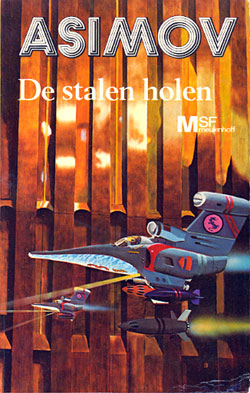

In regards to this aspect of the book, I found Isaac Asimov managed to stride the fine line between too much and too little technical detail. In any case, with this being a hard science-fiction novel, I think it shouldn’t come as a surprise individual characters take a bit of a back-seat to the examination of technology and society on a bigger scale. While it does feel apparent in certain parts (a bit more on this later), I would say on the whole the series benefits from this for the large amount of time it needs to cover. To begin with, I feel the need to address a certain point about this book, and it’s the fact it was originally a series of short stories which were later glued together into one cohesive narrative. The Mathematical Science of People in Foundation With Hari Seldon long-dead at this stage, the time comes for new heroes to rise in a time which might end up never even being recorded. The First Foundation, composed entirely of physical scientists and zero psychologists, is having a very rough start and is already under threat of being wiped out. Scientific truth is beyond loyalty and disloyalty. Their goal is to guard the collective knowledge humanity has acquired until now, and spread it back into the world after the collapse. This plan consists of establishing two foundations of scientists at opposite points of the galaxy. Seldon concocts a plan which won’t prevent the collapse, but will at least shorten the age of darkness to a thousand years instead of thirty. Specializing in the mathematical calculation of human behaviour, especially in large masses, the science predicts an imminent collapse of the empire, followed by an age of darkness and barbarism set to last approximately thirty thousand years. However, one man sees the inevitable, and his name is Hari Seldon, founder of the science dubbed “Psychohistory”.

The galactic empire feels boundless and is seemingly incapable of failure. Humanity has advanced to the point of easy space travel, force fields, energy blasters, and all the rest such a level of technology entails. Marking the beginning of the Foundation series, the first novel sets the stage for the great struggle to come in the future. Nevertheless, this is exactly what our civilization is facing in Isaac Asimov‘s timeless pioneering novel of hard science-fiction, titled Foundation.

For all the forward momentum humanity is gaining with its ever more wondrous scientific discoveries, it’s difficult (but mind you, not impossible) to imagine a scenario where we collectively start to move in the opposite direction.


 0 kommentar(er)
0 kommentar(er)
